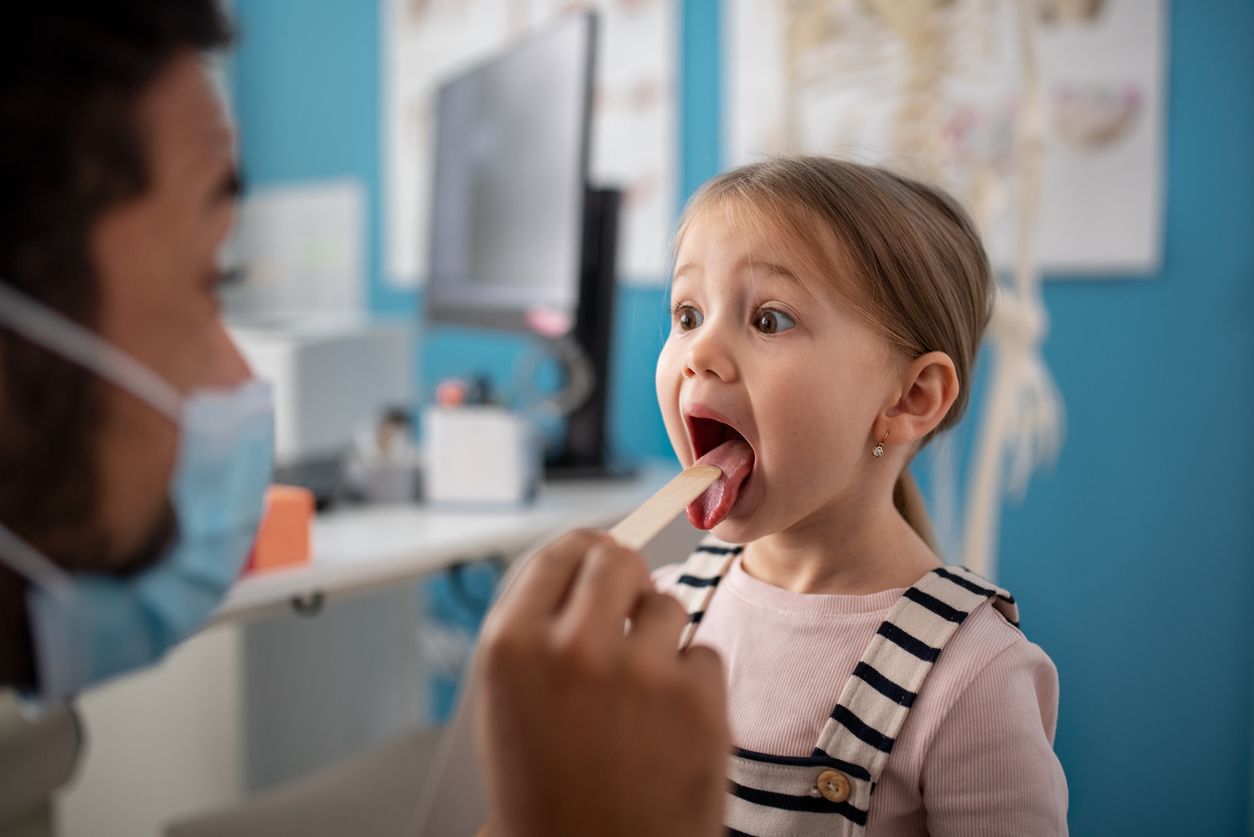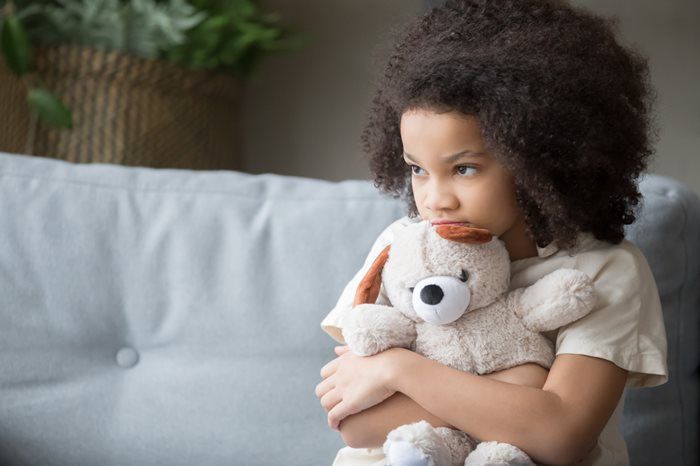What Are Signs Of Depression In A Child?
Has your child been quiet lately? Sad? Easily agitated? Mood changes in children are common responses to things that are going on in their daily lives.
So, how do you know if it is just a bad day — or something more serious like depression? Here’s what you should be looking for.
Signs of Depression in a Child
Mental health conditions can be dangerous if not addressed. That’s why knowing the signs of depression in children is crucial. Below are a few of the most common signs.
- Being irritable and easily agitated
- Showing a loss of interest in activities that they used to enjoy
- Always feeling tired
- Feelings of sadness that don’t seem to dissipate
- Eating more or less than normal
- Having difficulty concentrating
- Not being as social as usual, with family and with friends
- Showing signs of weight gain or loss
- Difficulty falling asleep or staying asleep — or sleeping too much
- Inability to make decisions
- Sharing feelings of guilt, hopelessness, and worthlessness
- Making statements about feeling numb
- Substance use or abuse
- Having thoughts or talking about death and suicide
- Causing harm to self
Pay attention to behavior changes both at home and school. Certain behaviors may be more evident in one environment than another.
If you notice any of these symptoms, seek help right away.
Risk Factors of Depression in Children
Depression can appear for many different reasons and researchers aren’t exactly sure why it happens. However, there are risk factors that one should look out for, such as:
- Bullying
- Traumatic experience — or witnessing something traumatic
- A family history of depression
- Physical illness or injury
- Substance use
- Significant life changes, such as parents divorcing, moving, or the death of a loved one
If any of these risk factors apply to your child, familiarize yourself with the signs of depression so that you can seek help as soon as possible. Taking steps to lead a healthy lifestyle will also reduce this risk. Eating well, getting exercise every day, sleeping well, and providing a safe and supportive home environment all work to improve mental health.
How to Help a Child with Depression
The first step in seeking help for your child is to reach out to your pediatrician. Many different illnesses and medical conditions mimic or cause depression symptoms. They will be able to rule out any illness before recommending a mental health professional.
Depression is often treated with both psychotherapy (talk therapy) and medication. Although they do each work independently, the combination seems to yield the greatest results.
As a parent, it is important to note that treatment for depression does not work overnight. It may take a month or two before your child really begins to feel better and show signs of improvement.
The best thing you can do is to keep a close eye on your child and provide as much support as needed. If you see any signs that your child is at risk of hurting himself or herself or at risk of hurting someone else, seek immediate assistance by calling the Suicide and Crisis Lifeline at 988 or emergency responders at 911.
Is Your Child Showing Signs of Depression?
If you think that your child may be suffering from depression, do not wait. The pediatricians at Advocare Haddon Pediatric Group will carefully evaluate your child so that they may provide the best level of care.
Contact us today to schedule an appointment at one of our convenient office locations:
Mullica Hill: 856-294-5600
Haddon Heights: 856-547-7300











